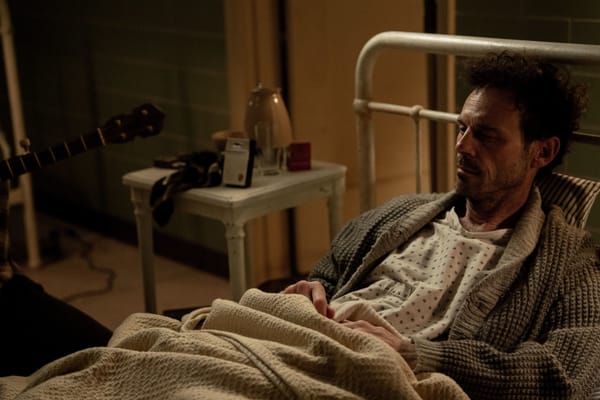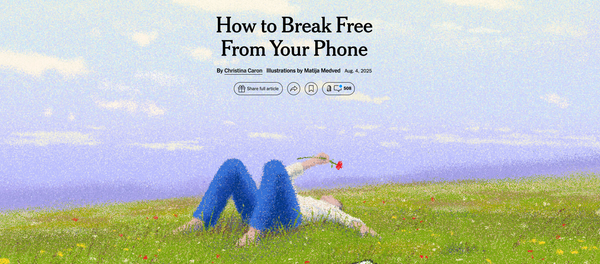PLAY-Book: A fascinating likely benefit of play

This week will be a bit of a read-long week, and I think an important one. As I believe I've signaled, I called this project "A (Christian) Formation Playbook" in part because the importance of play is part of my (not-quite-yet-a) thesis.
(And, of course, we need a commitment to practice both these lost arts, at all ages, alongside the simple appreciation.)
So this week I want to share a few insights from a central source in my research, Play: How it Shapes the Brain, Opens the Imagination, and Invigorates the Soul by psychiatrist and leading play researcher Dr. Stuart Brown.
I'm going to skip around a bit as I survey some key points. I'm starting off with what for me has been the biggest a-ha moment of my research so far.
As I understand it, part of what has differentiated Brown's research is a commitment to connecting studies of human play with parallel research about play in animals.
Obviously, there are important questions of transferability when looking at animal studies and wondering what they might mean for humans. Still, this paragraph just about knocked me off the bike I was riding when I heard it:
[Why and how is play useful?] One major theory is that play is simply practice for skills needed in the future. The idea is that when animals play-fight, they are practicing to fight or hunt for real later on. But it turns out that cats that are deprived of play-fighting can hunt just fine. What they can’t do—what they never learn to do—is to socialize successfully. Cats and other social mammals such as rats will, if seriously missing out on play, have an inability to clearly delineate friend from foe, miscue on social signaling, and either act excessively aggressive or retreat and not engage in more normal social patterns. (p. 31, emphasis mine)
Of course, I do think it's true that part of what is valuable about play for humans is the chance for low-stakes "rehearsals" of skills we need to develop. But wow is this a powerful idea, that—more importantly—"mak[ing] sound judgments" (p. 31) might be part of what play helps us unlock.
What a relief, and potentially paradigm-shifting insight, that the more important and wide-ranging the stakes of our learning, the more playful we might need to be to faithfully grapple with that learning.
Again, I don't have a claim or thesis to advance at this point. But I can certainly attest that, for me, it has been times when I've been separated from play (more so than rest, I think) that I have felt most morally adrift and socially isolated.
How about you?



